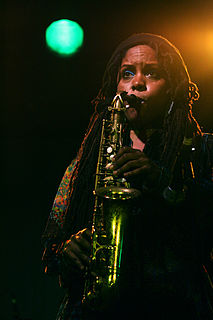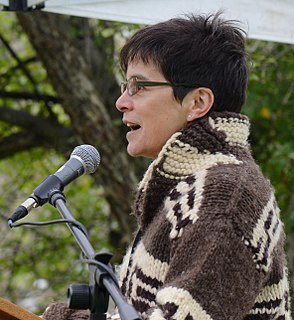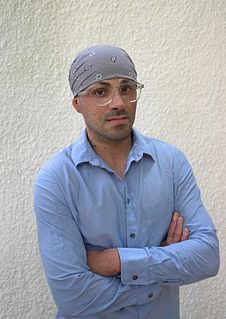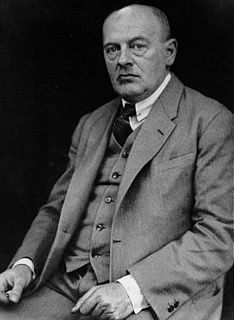A Quote by Damon Galgut
Any radical change or trauma always makes for interesting subject matter, but then all stories deal, to some extent, with the disjuncture between past and present.
Related Quotes
Originally the structure was . . . a modern narrator who would appear intermittently and talk about his memories of his grandmother, which would then be juxtaposed against scenes from the past. But the stories from the past were always more interesting that the things in the present. I find this almost endemic to modern plays that veer between past and present. . . . So as we've gone on developing GOLDEN CHILD, the scenes from the past have become more dominant, and all that remains of the present are these two little bookends that frame the action.
He who thinks he can have flesh and bones without being subject to any external influence, or any accidents of matter, unconsciously wishes to reconcile two opposites, viz., to be at the same time subject and not subject to change. If man were never subject to change there could be no generation; there would be one single being, but no individuals forming a species.
We human beings have enormous difficulty in focusing on the present; we always thinking about what we did, about how we could have done it better.... or else we think about the future, about what we're going to do.... But at this precise moment, you also realize that you can change your future by bringing the past into the present. Past and future only exist in our mind. The present moment, though, is outside of time, it's Eternity.... It isn't what you did in the past the will affect the present. It's what you do in the present that will redeem the past and thereby change the future.
What I found interesting in dance is the idea that my work has always been dealing with the nervousness between the human subject as a subject and the human subject as a form. And if you look at my dance films, there are always these cuts between the dancer as a form, the dancer as a subject, and this kind of very harsh treatment of the dancer as someone who's actually drawing with their body.
Ressentiment is always to some degree a determinant of the romantic type of mind. At least this is so when the romantic nostalgia for some past era (Hellas, the Middle Ages, etc.) is not primarily based on the values of that period, but on the wish to escape from the present. Then all praise of the “past” has the implied purpose of downgrading present-day reality.
We must abandon completely the notion of blaming the past for any kind of situation we're in and reverse our thinking and see that the past always flows back from the present. That now is the creative point of life. So you see it's like the idea of forgiving somebody, you change the meaning of the past by doing that...Also, watch the flow of music. The melody as its expressed is changed by notes that come later. Just as the meaning of a sentence...you wait till later to find out what the sentence means...The present is always changing the past.
I think you reveal yourself by what you choose to photograph, but I prefer photographs that tell more about the subject. There's nothing much interesting to tell about me; what's interesting is the person I'm photographing, and that's what I try to show. [...] I think each photographer has a point of view and a way of looking at the world... that has to do with your subject matter and how you choose to present it. What's interesting is letting people tell you about themselves in the picture.
We are always taking a hard look at how life was in the past in coming up with interesting subject matter for our various series, and remembering how much I used to want an encyclopedia as a kid made me realize wanting a set is very unlikely for teens today, and that conversation would be interesting.
The present moment, though, is outside of time, it’s Eternity. In India they use the word “karma” for lack of any better term. But it’s a concept that’s rarely given a proper explanation. It isn’t what you did in the past that will affect the present. It’s what you do in the present that will redeem the past and thereby change the future.
The children's writer not only makes a satisfactory connection between [the writer's] present maturity and his past childhood, he also does the same for his child-characters in reverse - makes the connection between their present childhood and their future maturity. That their maturity is never visibly achieved makes no difference; the promise of it is there.





































